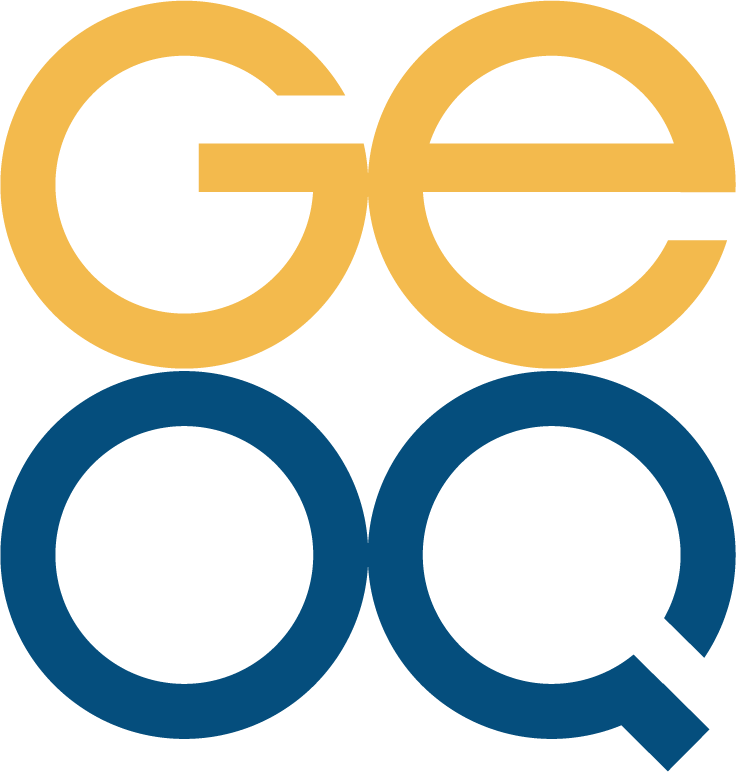| CRITÈRES D'EXCLUSION |
(EN) Dose Escalation Phase:
- Received anticancer therapy or therapy for TGCT, including investigational therapy, within 2 weeks or 28 days for therapies with half-life (t1/2) longer than 3 days prior to the administration of study drug.
- Unresolved toxicity (Grade >1 or baseline) from previous anticancer therapy or TGCT therapy, excluding alopecia.
- Known active CNS metastases.
- History or presence of clinically relevant cardiovascular abnormalities.
- Systemic arterial or venous thrombotic or embolic events.
- QT interval corrected by Fridericia's formula (QTcF) >450 ms in males or >470 ms in females or history of long QT syndrome.
- Left ventricular ejection fraction (LVEF) <50%.
- Concurrent treatment with proton-pump inhibitor(s).
- Major surgery within 2 weeks of the first dose of study drug.
- Malabsorption syndrome or other illness that could affect oral absorption.
- Known human immunodeficiency virus, active hepatitis B, active hepatitis C, or active mycobacterium tuberculosis infection.
- If female, the patient is pregnant or lactating.
- Known allergy or hypersensitivity to any component of the study drug.
- Any other clinically significant comorbidities.
Expansion Phase (Cohorts A and B)
- Expansion Cohort A: received systemic therapy targeting CSF1 or CSF1R; previous therapy with imatinib and nilotinib is allowed.
- Expansion Cohort B: discontinued systemic therapy targeting anti-CSF1 or anti-CSF1R due to drug-induced liver injury.
- Treatment with therapy for TGCT, including investigational therapy, within 2 weeks or 28 days for therapies with a t1/2 longer than 3 days prior to the administration of the study drug.
- Known metastatic TGCT or other active cancer that requires concurrent treatment.
- QT interval corrected by Fridericia's formula (QTcF) >450 ms in males or >470 ms in females or history of long QT syndrome.
- Left ventricular ejection fraction (LVEF) <55%.
- Concurrent treatment with proton-pump inhibitor(s).
- Major surgery within 2 weeks of the first dose of study drug.
- Any clinically significant comorbidities
- Malabsorption syndrome or other illness that could affect oral absorption.
- Known human immunodeficiency virus (HIV), active or chronic hepatitis B, active or chronic hepatitis C, or active mycobacterium tuberculosis infection.
- If female, the patient is pregnant or lactating.
- Known allergy or hypersensitivity to any component of the study drug.
- Contraindication for MRI
- Active liver or biliary disease, including evidence of fatty liver, nonalcoholic steatohepatitis (NASH), or cirrhosis
|
